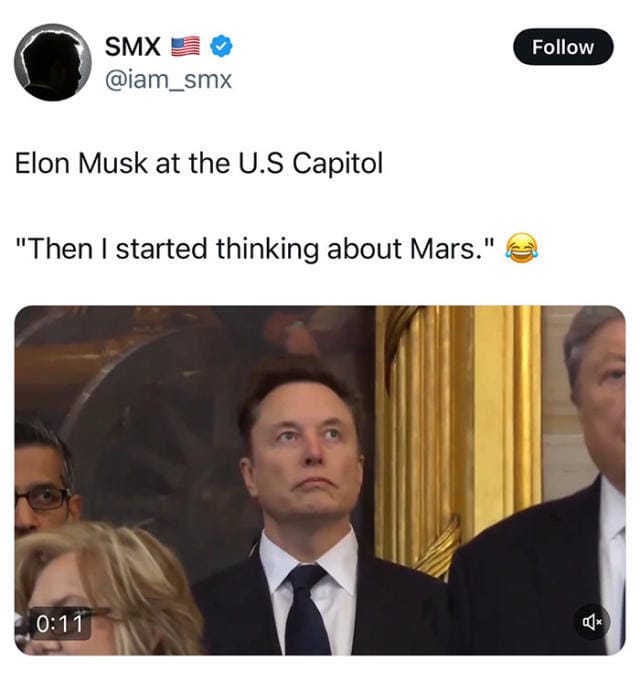- The Wolf on Wealth
- Posts
- Every Elon Musk Business, Explained
Every Elon Musk Business, Explained
It's all about Mars. Every "distraction" is actually infrastructure.
👋 The best strategies hide in plain sight — while critics mock Elon Musk for tunnel-digging and robot-building, he's quietly assembling every technology needed to colonize Mars. Every "distraction" is actually infrastructure.
Read time: 4 minutes | 1,143 words
STORY
🚀 Musk: The Master Plan Hidden in Plain Sight
Everyone thinks Elon Musk is just a chaotic billionaire throwing money at random projects. They're dead wrong.
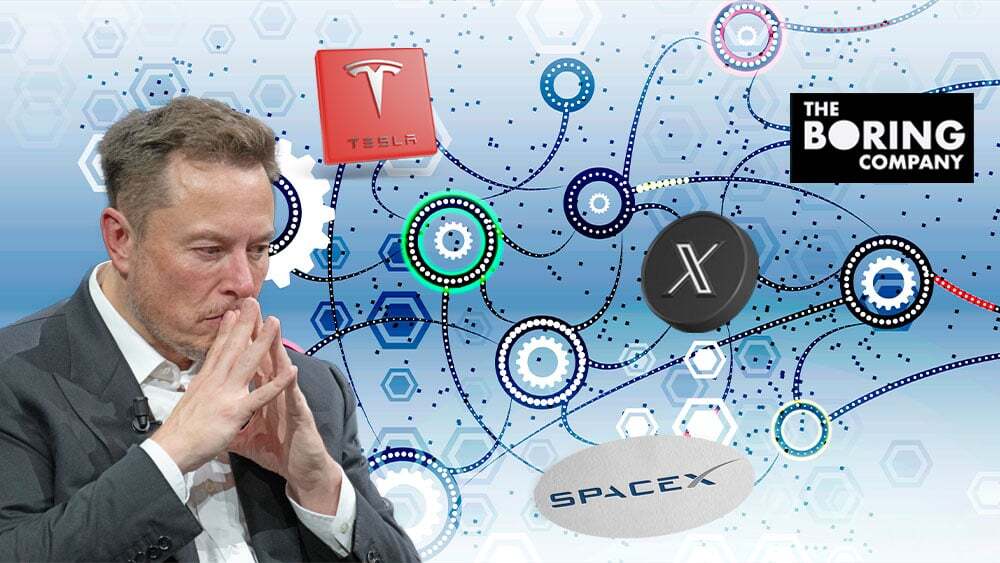
Every single company, every "crazy" venture, every seemingly unrelated acquisition is actually part of the most audacious business plan in human history: building the infrastructure to colonize Mars.
The Boring Company: Underground Cities Before We Need Them
While critics mocked Musk for "playing with tunnels," he was actually solving Mars' biggest problem. The Red Planet's atmosphere is 100 times thinner than Earth's, with deadly radiation bombarding the surface daily. Humans won't be living in glass domes like sci-fi movies—they'll be living underground in massive tunnel complexes.
The Boring Company isn't just digging holes in Vegas and LA. It's perfecting the technology to rapidly excavate and construct underground cities. Every tunnel boring machine improvement, every breakthrough in excavation speed, every lesson learned about underground logistics is research and development for Martian civilization.
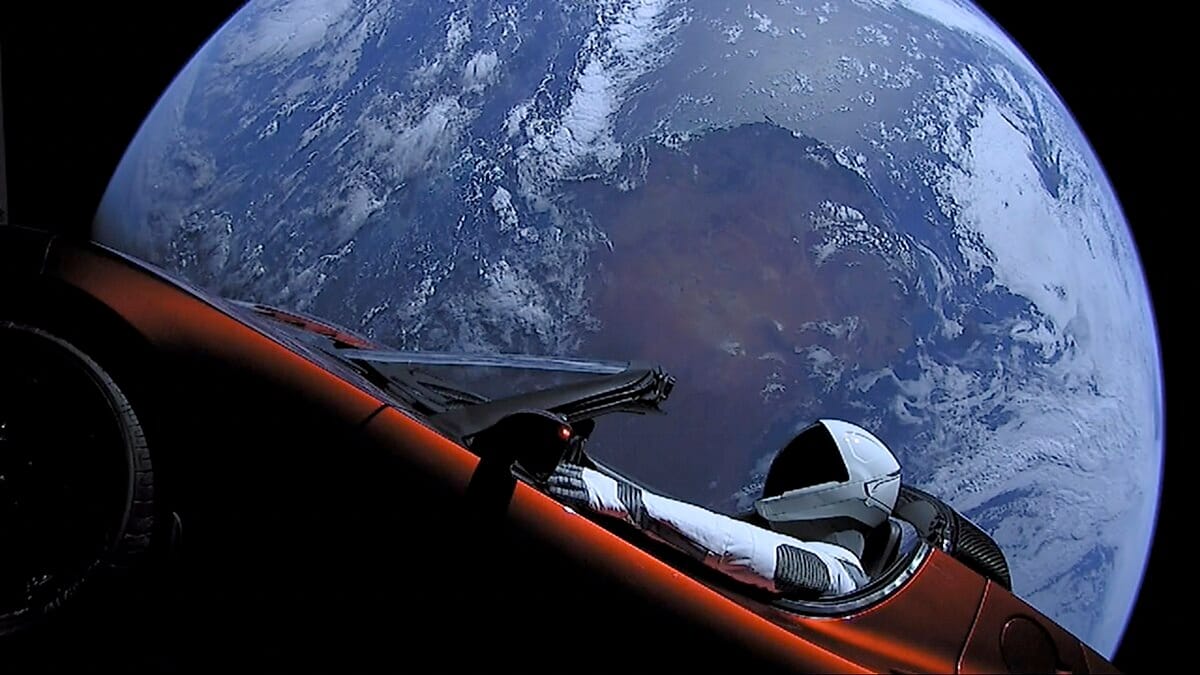
Tesla: The Mars Transportation Fleet
Internal combustion engines are useless on a planet with no fossil fuels and barely any atmosphere. Tesla isn't just disrupting the auto industry—it's building the transportation infrastructure for an entire planet.
But here's the genius part: Tesla's real breakthrough isn't just electric cars. It's battery technology. Mars gets about 43% of Earth's sunlight, experiences massive dust storms that can last months, and has temperature swings from 70°F to -195°F. You need bulletproof energy storage systems that can handle extreme conditions and store power for extended periods. Tesla's battery technology is being stress-tested on Earth before deployment on Mars.
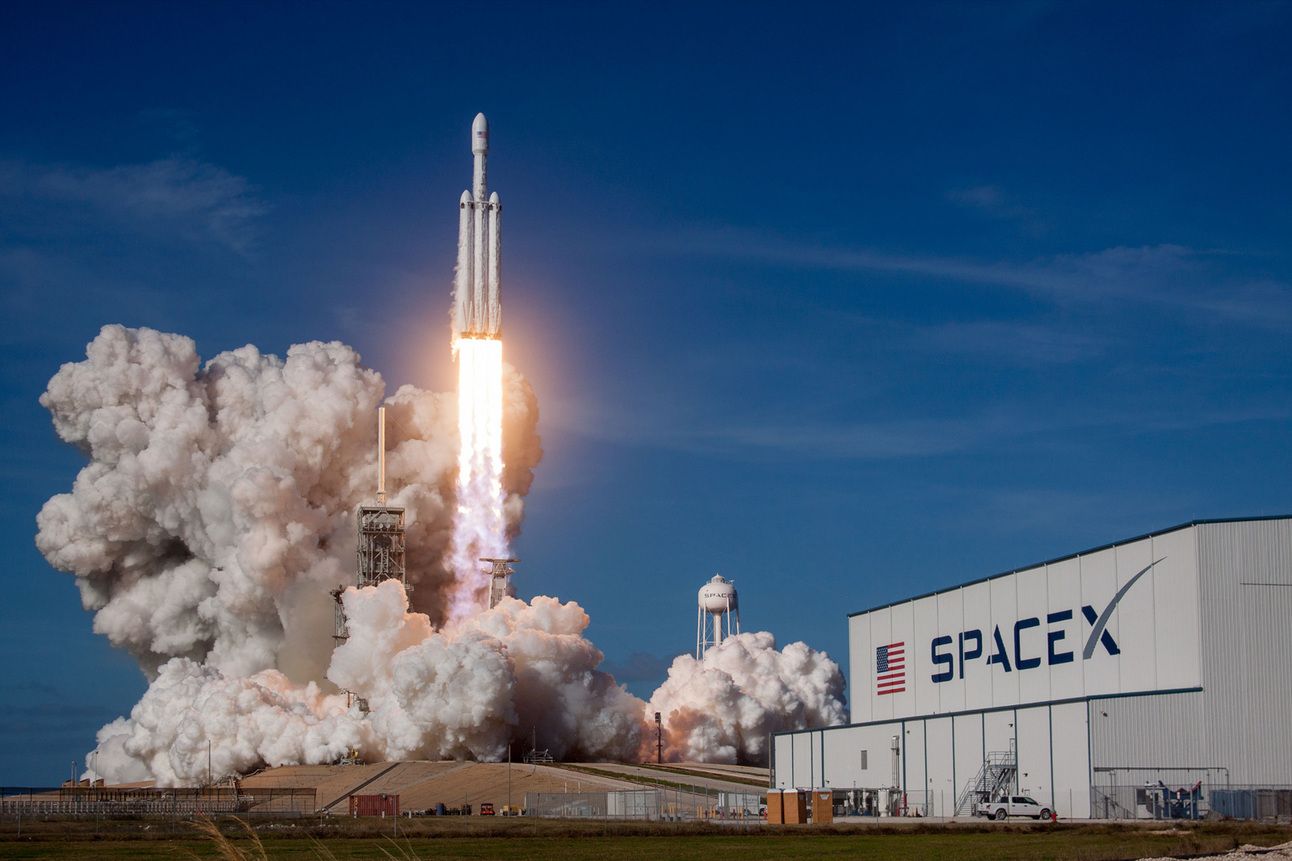
SpaceX: The Obvious Piece
This one's straightforward—you can't colonize Mars without getting there first. But SpaceX isn't just about rockets. The company's focus on reusability and rapid manufacturing is crucial for a Mars colony that will need constant supply runs and eventual return trips.
The Boring Company + Tesla + SpaceX = Transportation Trinity: Underground tunnels for city transit, electric vehicles for surface exploration, and rockets for interplanetary travel.
Tesla Bots: The Advance Construction Crew
You can't send 5 million humans to Mars overnight. But you can send millions of robots ahead of time to start building everything. Tesla Bots don't need oxygen, food, or heated living spaces. They can work 24/7 in Mars' harsh environment, constructing habitats, mining resources, and setting up infrastructure before humans arrive.
This isn't just automation—it's planetary preparation.
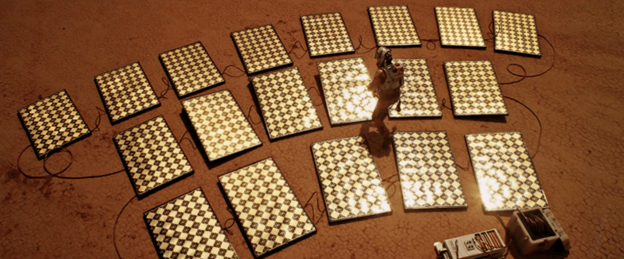
Solar City/Tesla Energy: Powering a Planet
Mars has no power grid, no coal plants, no nuclear infrastructure. But it has one thing in abundance: space. With no environmental regulations or real estate constraints, you can build solar fields the size of small countries.
Tesla's solar technology and Megapack battery systems aren't just for Earth's energy transition—they're the blueprint for powering an entire civilization on a planet that gets less sunlight and experiences months-long dust storms.
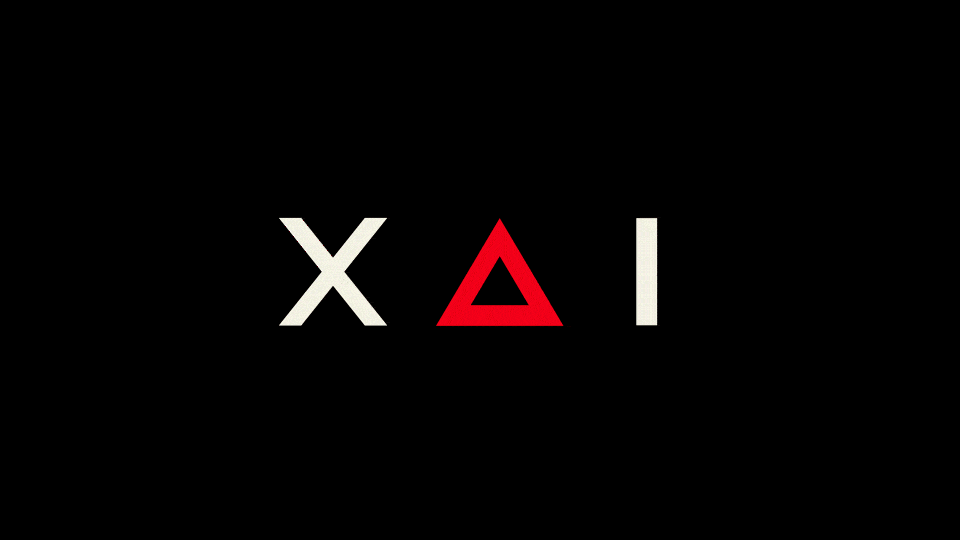
xAI: The Planetary Operating System
Running a Mars colony isn't like managing a city—it's like terraforming and coordinating an entire planet's worth of infrastructure with a tiny human population. You need artificial intelligence to:
Optimize resource allocation across vast distances
Coordinate robot labor forces
Monitor and maintain life support systems
Plan and execute terraforming operations
Manage supply chains between Earth and Mars
xAI isn't competing with ChatGPT for internet searches. It's building the central nervous system for planetary colonization.
Neuralink: The Ultimate Backup Plan
Here's where it gets wild. If you're betting humanity's future on Mars colonization, you need a backup plan for consciousness itself. Neuralink's brain-computer interface technology could eventually allow human consciousness to be backed up, transferred, or augmented—ensuring that even if Mars colonization fails, human intelligence survives.
The $300 Billion Master Plan
When you connect the dots, Musk's companies aren't separate ventures—they're integrated systems for planetary colonization:
SpaceX gets you there
Tesla Bots build the infrastructure
The Boring Company creates underground cities
Tesla Energy powers everything
Tesla vehicles provide transportation
xAI coordinates the entire operation
Neuralink ensures human consciousness survives
Sometimes the most brilliant plans look like chaos until you see the bigger picture. In Musk's case, the bigger picture is literally another planet.
TOGETHER WITH LONG ANGLE
A Private Circle for High-Net-Worth Peers
Long Angle is a private, vetted community for high-net-worth entrepreneurs, executives, and professionals across multiple industries. No membership fees.
Connect with primarily self-made, 30-55-year-olds ($5M-$100M net worth) in confidential discussions, peer advisory groups, and live meetups.
Access curated alternative investments like private equity and private credit. With $100M+ invested annually, leverage collective expertise and scale to capture unique opportunities.
INSIGHT + ACTION
🎯 The Mars Method
The billionaire everyone calls "chaotic" just revealed the most coherent business strategy in history - and every entrepreneur can steal his playbook.
Think in systems, not silos - Musk doesn't build companies - he builds interconnected ecosystems. Every venture feeds into the others, creating defensible moats and cross-selling opportunities that competitors can't replicate.
Example: Your accounting software shouldn't just track expenses - it should integrate with your payroll tool, inventory system, and tax prep service. Own the entire workflow.
Solve tomorrow's problems today - While everyone optimizes for current markets, Musk builds for future realities. Mars colonization forces you to think 20+ years ahead, giving massive first-mover advantages.
Example: Don't just build remote work tools - build tools for the fully-automated workplace that's coming. AI meeting assistants, automated project management, virtual presence systems.
Make your constraint your competitive advantage - Mars' limitations (no atmosphere, extreme temperatures, no infrastructure) became innovation drivers. Your biggest business constraint might be your biggest opportunity.
Example: Limited budget? Build ultra-lean operations that scale better than funded competitors. Small team? Create automation that gives you enterprise capabilities.
Test extreme use cases to improve normal ones - Technology that works on Mars will dominate on Earth. Building for the hardest environment makes everything else easier.
Example: Design your app for 2G internet speeds in rural areas - it'll fly in major cities. Build for 99.99% uptime requirements - standard users will never see downtime.
Vertical integration beats platform dependence - Musk controls rockets, cars, batteries, solar panels, and AI rather than relying on suppliers. Platform dependencies create single points of failure.
Example: Don't just build on Shopify - own payment processing, inventory management, and customer data. Build your own infrastructure before you need it.
Your side projects should feed your main mission - The Boring Company looks random until you realize it's Mars infrastructure R&D. Every "hobby" project should advance your core thesis.
Example: Your weekend hackathon project isn't a distraction - it's testing technology for your main product's next evolution.
Build redundant paths to the same destination - If SpaceX fails, maybe Neuralink saves consciousness. If Tesla Bots fail, maybe AI coordination works. Multiple shots at the same goal.
Example: Don't just bet on SaaS subscriptions - build marketplace fees, consulting revenue, and licensing deals all pointing toward the same market domination.
The Meta-Strategy: Most entrepreneurs optimize for today's problems using today's constraints. Musk optimizes for humanity's biggest problem using tomorrow's capabilities.
Your homework: Write down your industry's "Mars mission" - the impossible thing everyone says will never happen. Then reverse-engineer what technologies and capabilities you'd need to make it possible. Start building those pieces today.
The average business tries to capture market share. Generational businesses create the market itself.
MEME
